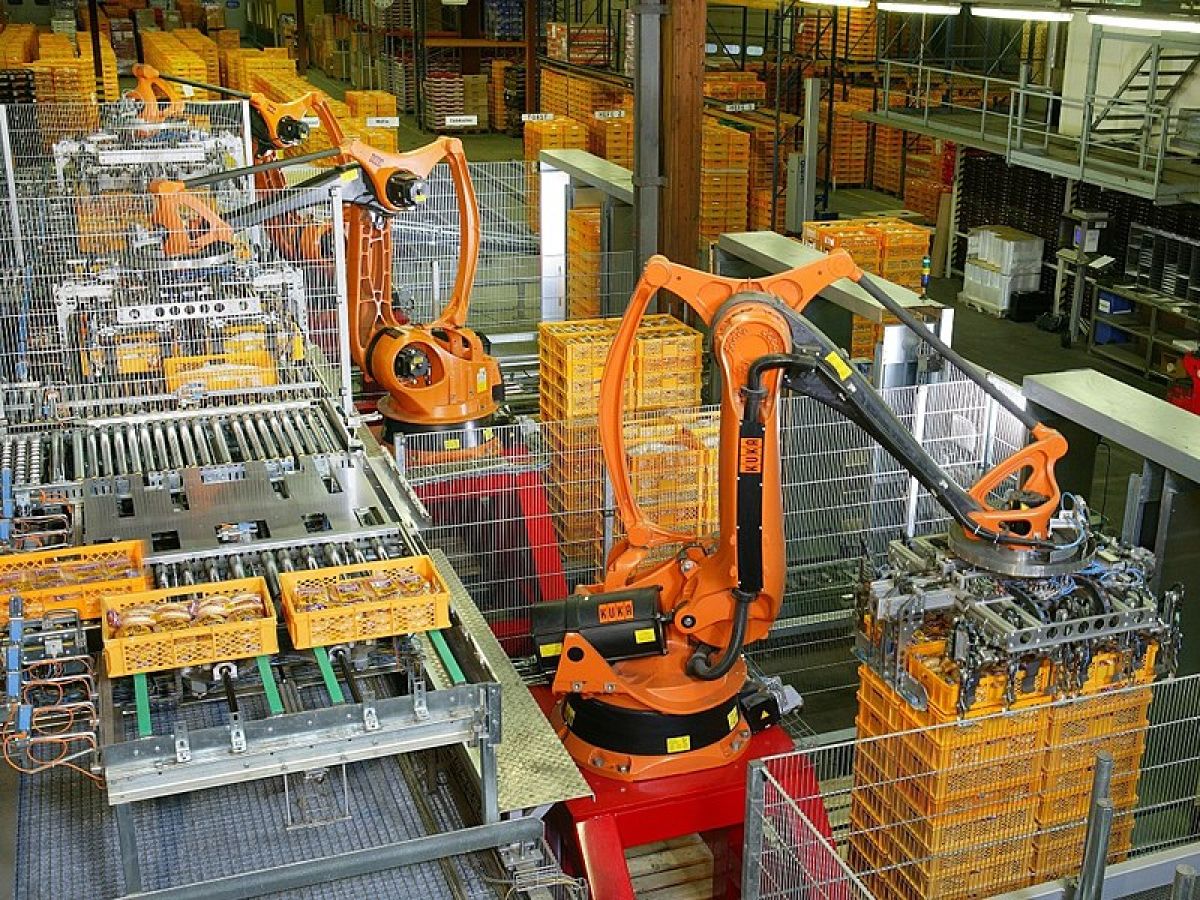Manufactured Outrage? Our misguided leap towards automation
By Archie Earle

At the conservative party conference, a policy appeared from the dust and rubble that few were expecting; a rise in the minimum wage to £10.50 within the next five years. This may appear as a victory for workers and a blow to business, eating into the profits of those at the top of the corporate food-chain, however by modern standards this will leave large corporations, at least, jumping for joy.
Automation is the reason why. The ever-clearer reality is that this policy, among many others, is leading towards robots and artificial intelligence becoming the cheaper alternative to human labour.
‘We have survived the previous three industrial revolutions’, you may be saying – and you’re right we did. ‘The market adapts’, you may be saying – and it does have a tendency to do just that. However, these are naïve statements that do not capture the severity of the current situation.
Andrew Yang, the Democratic candidate in the current US presidential race, is warning of the impending automation crisis, insisting that it could lead to mass unemployment and shake the foundations of the American working class:
‘All you need is self-driving cars to destabilize society,’ he will often point out. This point may be more relevant to our neighbours across the pond, as long-haul truck driving contributes 1.7 million jobs to their economy, whereas in the UK, the number stands at only roughly 160,000.
The core of the issue is relevant as it shows that certain kinds of menial labour, that do not require higher levels of education, are at risk of being automated away. Just go into your local supermarket and observe the number of self-checkout machines compared to human employees. The change is coming and walking into it with our eyes closed could amplify the problem to a disastrous extent.
Our politicians’ response to this is, as with most issues, the key to what happens next. In the mire of current political discourse, our impending exit from the European Union dominates the debate and leaves little space for any other conversation to take place.
The office for national statistics published a report stating that up to 1.5 million jobs could be lost in the near future as a result of automation. This should be of concern to all of those in politics, yet to the exhaustion of all, it was published at peak Brexit conversation – only four days before we were originally set to leave – and as a result it was tossed to the side.
This is a sign of where we are as a democracy – heading for the cliff edge and, instead of trying to stop, we are just staring out the window.
So, where do we go from here? I imagine, as we always do, we will wait until the last possible moment before we do anything.
Regulation could be part of the answer. But this would have to be done soon as many companies, Amazon for example, are well under way in the process of automating and would see the prospect of having to dismantle expensive robotics as worthless, causing them to leave for a less regulatory burdened country.
Incentivising workers could again be part of the solution. This would almost definitely involve cutting the cost of employing workers, i.e reducing wages, which is profoundly unelectable and would lead to lowered incomes.
There is no perfect solution, apart from of course moving ourselves outside of the Brexit bubble and taking notice of a problem that will affect us all. Maybe I am a pessimist but, to the pain of millions, this prospect does not seem likely.







